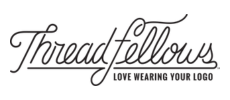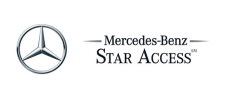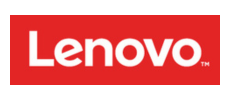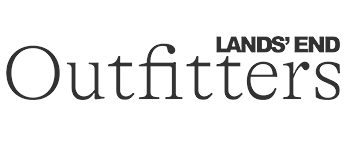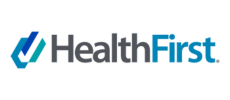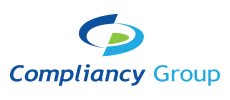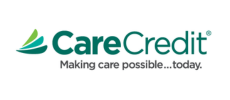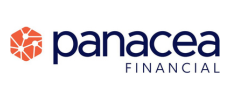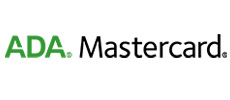IRS Issues 2026 Inflation Adjustments
IRS releases tax inflation adjustments for tax year 2026, including amendments from the One, Big, Beautiful Bill
IR-2025-103
The Internal Revenue Service today announced the tax year 2026 annual inflation adjustments for more than 60 tax provisions, including the tax rate schedules and other tax changes. Revenue Procedure 2025-32 provides details about these annual adjustments.
Notable changes under the One, Big, Beautiful Bill
The tax year 2026 adjustments described below generally apply to tax returns filed in 2027. The tax items for tax year 2026 of greatest interest to most taxpayers include the following dollar amounts:
- Standard Deduction. For tax year 2026, the standard deduction increases to $32,200 for married couples filing jointly. For single taxpayers and married individuals filing separately, the standard deduction rises to $16,100 for tax year 2026, and for heads of households, the standard deduction will be $24,150.
(Additionally, for tax year 2025, the OBBB raises the standard deduction amount to $31,500 for married couples filing jointly. For single taxpayers and married individuals filing separately, the standard deduction for 2025 is $15,750, and for heads of households, the standard deduction is $23,625.)
| Standard Deduction | Single; Married Filing Separately | Married Filing Jointly; Surviving Spouses | Heads of Households |
|---|---|---|---|
| TY 2025 Under OBBB | $15,750 | $31,500 | $23,625 |
| TY 2026 Under OBBB | $16,100 | $32,200 | $24,150 |
- Marginal Rates: For tax year 2026, the top tax rate remains 37% for individual single taxpayers with incomes greater than $640,600 ($768,700 for married couples filing jointly). The other rates are:
35% for incomes over $256,225 ($512,450 for married couples filing jointly);
32% for incomes over $201,775 ($403,550 for married couples filing jointly);
24% for incomes over $105,700 ($211,400 for married couples filing jointly);
22% for incomes over $50,400 ($100,800 for married couples filing jointly);
12% for incomes over $12,400 ($24,800 for married couples filing jointly).
The lowest rate is 10% for incomes of single individuals with incomes of $12,400 or less ($24,800 for married couples filing jointly).
- Alternative Minimum Tax Exemption Amounts. For tax year 2026, the exemption amount for unmarried individuals is $90,100 and begins to phase out at $500,000 ($140,200 for married couples filing jointly for whom the exemption begins to phase out at $1,000,000).
- Estate Tax Credits. Estates of decedents who die during 2026 have a basic exclusion amount of $15,000,000, up from a total of $13,990,000 for estates of decedents who died in 2025.
- Adoption Credits. The maximum credit allowed for adoptions for tax year 2026 is the amount of qualified adoption expenses up to $17,670, up from $17,280 for 2025. For tax year 2026, the amount of credit that may be refundable is $5,120.
- Employer-Provided Childcare Tax Credit. For tax year 2026, the OBBB significantly enhances an important credit for employers; it increases the maximum amount of employer-provided childcare tax credit from $150,000 to $500,000 ($600,000 if the employer is an eligible small business).
Other notable items affected by indexing
- Earned Income Tax Credits. The tax year 2026 maximum Earned Income Tax Credit (EITC) amount is $8,231 for qualifying taxpayers who have three or more qualifying children, up from $8,046 for tax year 2025. Revenue Procedure 2025-32 contains a table providing maximum EITC amount for other categories, income thresholds, and phase-outs.
- Qualified Transportation Fringe Benefit. For tax year 2026, the monthly limitation for the qualified transportation fringe benefit and the monthly limitation for qualified parking increases to $340, up $15 from 2025.
- Health Flexible Spending Cafeteria Plans. For tax years beginning in 2026, the dollar limitation for voluntary employee salary reductions for contributions to health flexible spending arrangements increases to $3,400, up $100 from prior year. For cafeteria plans that permit the carryover of unused amounts, the maximum carryover amount is $680, an increase of $20 from tax years beginning in 2025.
- Medical Savings Accounts. For tax year 2026, participants who have self-only coverage in a Medical Savings Account, the plan must have an annual deductible that is not less than $2,900, up $50 from tax year 2025 – but not more than $4,400, an increase of $100 from tax year 2025. For self-only coverage, the maximum out-of-pocket expense amount is $5,850, up $150 from 2025. For tax year 2026, for family coverage, the annual deductible is not less than $5,850, up from $5,700 for 2025; however, the deductible cannot be more than $8,750, up $200 from the limit for tax year 2025. For family coverage, the out-of-pocket expense limit is $10,700 for tax year 2026, an increase of $200 from tax year 2025.
- Foreign Earned Income Exclusion. For tax year 2026, the foreign earned income exclusion is $132,900 up from $130,000 for tax year 2025.
- Annual Exclusion for Gifts. For tax year 2026, the annual exclusion for gifts remains at $19,000. (However, the annual exclusion for gifts to a spouse who is not a citizen of the United States increases to $194,000 for calendar year 2026, up $4,000 from calendar year 2025.)
Items unaffected by indexing
By statute, certain items that were indexed for inflation in the past are currently not adjusted.
- Personal Exemptions. For tax year 2026, personal exemptions remain at 0, as in tax year 2025. The elimination of the personal exemption was a provision in the Tax Cuts and Jobs Act of 2017 and was made permanent by OBBB. (The personal exemption described here does not include the senior deduction added by OBBB.)
- Itemized Deductions. The limitation on itemized deductions was previously eliminated for tax years 2018 - 2025. The elimination of the limitation was made permanent by OBBB, although it imposes a limitation on the tax benefit from itemized deductions for those taxpayers in the highest tax bracket (37%).
- Lifetime Learning Credits. The modified adjusted gross income (MAGI) amount used to phase out the Lifetime Learning Credit has not been adjusted for inflation for tax years beginning after Dec. 31, 2020. The Lifetime Learning Credit is phased out for taxpayers with MAGI between $80,000 and $90,000 ($160,000 and $180,000 for joint returns).


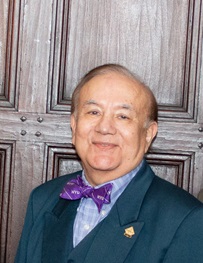
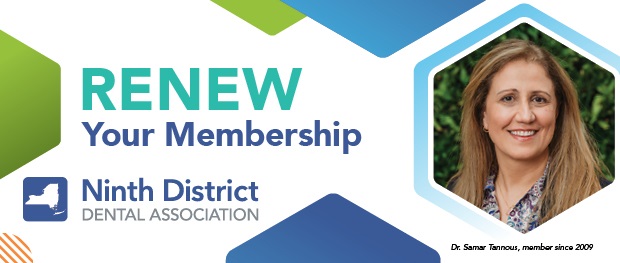
.tmb-rotator.png?Culture=en&sfvrsn=e3185440_1)
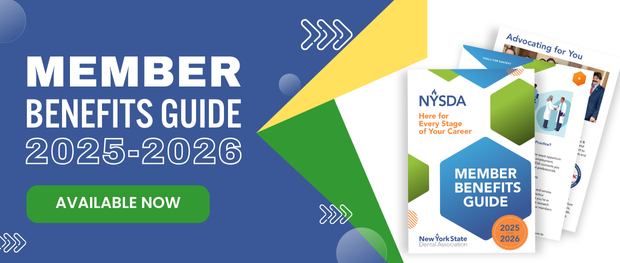


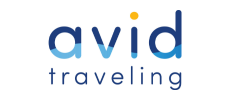
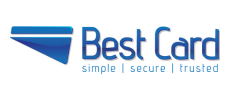
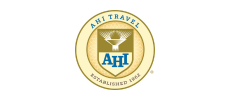
.png?sfvrsn=4447de7f_1)

